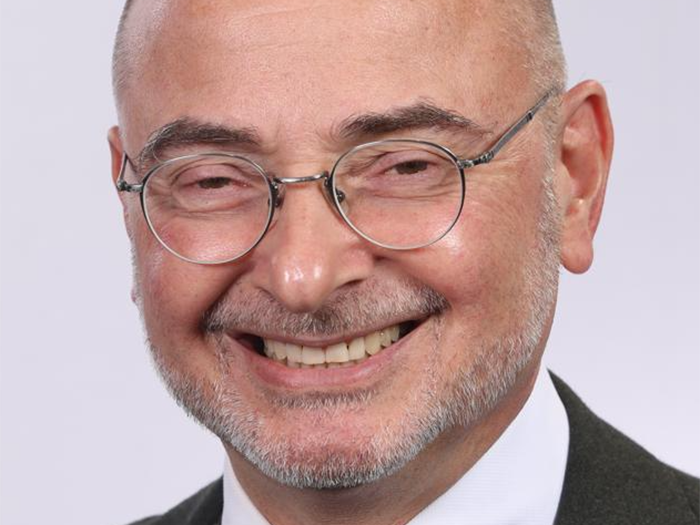Column: Workers' Comp
Honoring Our Duty of Care
A recent discussion by a group of workers’ compensation professionals compelled me to tell them how proud I was of their compassion and empathy for injured workers.
I’m talking about the judges working to select Risk & Insurance®’s 2014 Teddy Award winners. The group met telephonically over the past few weeks to go over an impressive group of applications.
The judges included Patricia Hostine, manager, workers’ compensation at Cooper Standard Automotive; Bruce Jones, director of insurance & Texas plan administrator at Community Health Systems; Mark Noonan, managing principal at Integro Insurance Brokers; and Bryan Schwartz, risk manager at American Infrastructure.
The judges took great interest in outcome metrics and practices, and each applicant’s operational and cultural challenges.
In addition to program creativity and proven practices, the judges considered whether the applicants dealt with unions or implemented their programs across dispersed company locations.
But the judges also devoted a substantial amount of their time to discussing the amount of care and concern for injured workers the employer applicants showed.
The judges took great interest in outcome metrics and practices, and each applicant’s operational and cultural challenges.
They wanted to know more about how employees were communicated with while their lives were touched by the employers’ workers’ comp programs.
Were the employers’ processes monetarily driven or people-driven?
All agreed that by making the care of injured workers the top priority, dollar savings would follow.
But for the judges, it wasn’t just about corporate expenditure reductions. They were not just talking about the treatment of anonymous “claimants.”
Their conversation turned to the idea that workers’ comp should be about the treatment and care of injured workers and colleagues.
The vast majority of workers go to work each day doing their best to avoid accidents. When they are injured they want to get back to earning the paycheck their families count on.
There is clearly room in workers’ comp for the compassion and empathy that the judges discussed, and they are far from alone in understanding the importance of caring for a worker whose life has been disrupted by an unfortunate injury.
In workers’ comp, the discussion is often about managing difficult claims, outcomes measurements, vendor partnerships, frustrations with the system, etc.
But no doubt there are also countless daily examples of empathy and compassion in helping colleagues navigate a system they may fear.
There is a social responsibility in caring for injured workers and I was proud of the judges for making that a workplace priority.
Kudos to everyone who goes to work doing the same.
Cost pressures can drive one to forget that, ultimately, workers’ comp is about individuals’ lives.
The judges were reviewing award applications and looking for details that would tell them that their workers’ comp peers hadn’t forgotten injured workers’ humanity when they created their workers’ comp programs.
The Teddy Award winners selected by our panel of judges will be recognized at the 23rd Annual National Workers’ Compensation and Disability Conference® & Expo to be held Nov. 19-21 at Mandalay Bay in Las Vegas.










